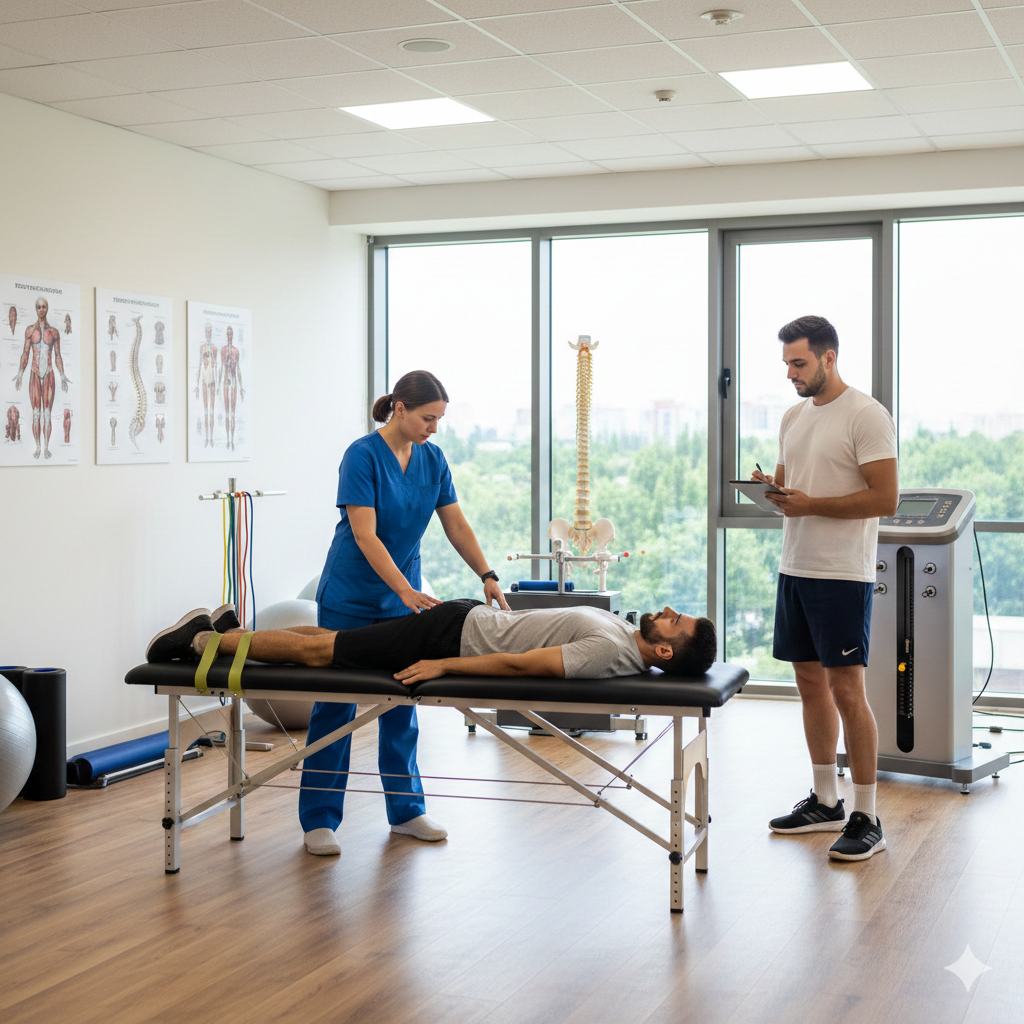The study of spinal rehabilitation techniques is essential for any professional dedicated to improving human movement and reducing pain. Back and neck issues are pervasive, affecting nearly everyone at some point. Mastering the specific methods to treat these conditions transforms a general practitioner into a specialized expert. This focused training provides a crucial depth of knowledge in biomechanics, motor control, and evidence-based practice that is necessary to address the complex nature of spinal dysfunction effectively. It’s an investment that pays dividends in both patient outcomes and professional recognition.
The Importance of Specialized Skill
A successful rehabilitation program for the spine must be more than just generic stretching and strengthening. Specialized training teaches you how to accurately classify a patient's condition, differentiating between mechanical pain (like a disc problem) and pain related to instability or nerve compression. This ability to differentially diagnose—the core of effective treatment—allows for the creation of truly individualized care plans.
The techniques covered often include advanced forms of manual therapy, such as joint mobilization and specific manipulations, alongside prescriptive therapeutic exercises. You learn the nuances of core stabilization—not just crunches, but deep muscle activation—and how to integrate these exercises into functional movement patterns. This holistic approach ensures the patient not only recovers but also develops the resilience needed to prevent future recurrence. For current physiotherapists, this specialization is a powerful tool for managing complex or chronic cases that respond poorly to standard care. For students, it provides a highly marketable skill set right out of the gate.
Accessibility and Career Benefits
The demand for professionals skilled in spinal rehabilitation techniques continues to grow. Individuals with specialized training are highly sought after in orthopedic clinics, sports performance centers, and pain management facilities. This enhanced expertise allows for greater earning potential and often provides access to more interesting and challenging clinical cases.
Modern learning has made this advanced education more accessible than ever. Many accredited institutions now offer programs through flexible online or hybrid formats. This allows busy practitioners to complete modules, view detailed instructional videos, and participate in case studies without disrupting their current practice or personal life. The online content typically includes high-definition demonstrations of assessment and treatment procedures, making it easy to see exactly how to apply the techniques in a clinical setting. By selecting a program backed by robust clinical research, you ensure your practice remains at the forefront of evidence-based care. Ultimately, mastering spinal rehabilitation techniques is the key to becoming a leader in the field of physical medicine and helping countless individuals live without debilitating pain.



